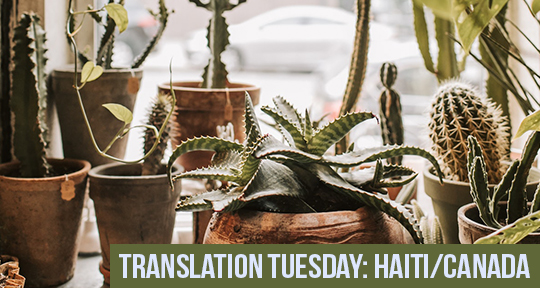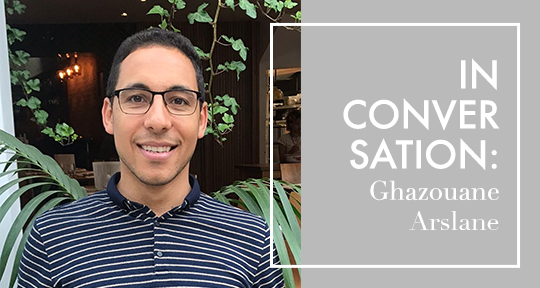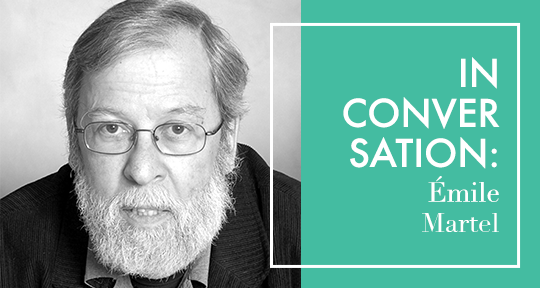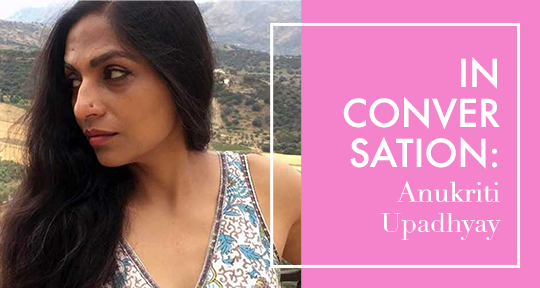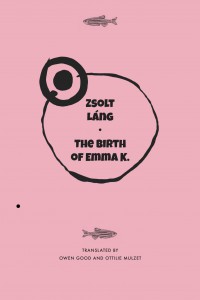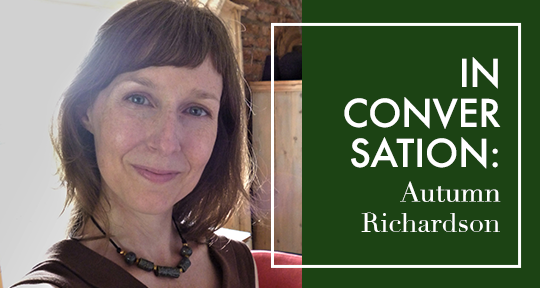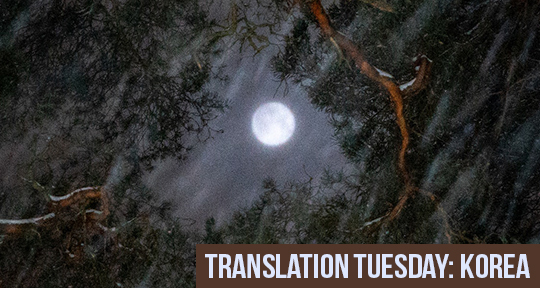Muriel Villaneuva’s The Left Parenthesis takes place by the sea, a fitting setting for a story that weaves in-between motherhood and mourning, loss and reinvention, the mind and the body. In the stunning autofictional tale of a recently widowed mother attempting to piece together her shifting roles in the world, Villaneuva merges the surreal and the intimately physical to chart the mystifying journey one takes back to get to oneself. In the following interview, Rachel Farmer talks to the co-translators of The Left Parenthesis, Megan Berkobien and María Cristina Hall, about the book’s feminism, Catalan specificity, and its “uncomplicated” representation of motherhood.
The Asymptote Book Club aspires to bring the best in translated fiction every month to readers around the world. You can sign up to receive next month’s selection on our website for as little as USD15 per book; once you’re a member, join our Facebook group for exclusive book club discussions and receive invitations to our members-only Zoom interviews with the author or the translator of each title.
Rachel Farmer (RF): First of all, before we dive into The Left Parenthesis, I’d be really interested to hear about your process as co-translators. In the brilliant conversation recently published in the Oxonian Review, the pair of you talked about working together on another co-translation of Montserrat Roig. Can you tell us just a little bit about this relationship?
Megan Berkobien (MB): Well, my dissertation is about co-translation, especially as a socialist and ecological phenomenon; it really came from the fact that basically all my translation experiences have been collaborative. I went to school at the University of Michigan for both my PhD and undergrad, and in the translation workshop there, everything was done together. So, it came naturally when I met María Cristina. The first thing we worked on as a team was a little anthology on women writers in Catalan—that’s when I realised we were really on the same page. We wrote the opening essay together, and it just really worked. We just feed off one another’s poetic creativities, I guess.
María Cristina Hall (MCH): For us, having the interaction of editing together was a way to build trust, to understand that our voices were similar enough to co-translate. Our process involved dividing the book up, each doing fifteen pages, then looking at each other’s version and editing it as if it were our own piece—so there’s never that feeling of holding back. It seems very natural to edit, sometimes heavily and sometimes not. If ever a word comes up where we think, “how should we translate that?”, we have a back-and-forth, and it goes smoothly from there. It’s very enriching, and I think something Megan touched on in her dissertation was the importance of working in a community and having company. Translation is usually very solitary work, so it’s very different to have this practice.
MB: In a lot of ways, the fact that translators are artists insinuates at the worst part about being an artist: that you have to work by yourself, and that you have this “grand genius” inside you. I just don’t think genius is never located in one person, and being able to share genius in whatever way or form is the most beautiful thing there is.
RF: Was there anything in particular about The Left Parenthesis that needed a different approach?
MCH: Well, it was our first project together, and then we did Goodbye Ramona by Montserrat Roig. In that book, the voices are so distinct that we divided it by character, so I worked on the one from the 1900s and Meg did the one from the 1960s—and the one from the 30s, we shared between the two of us. Because Meg is more active in the Socialist party, she could be the character who was politically involved, while I took on the conservative one since I live in Mexico and I have more of a background in Catholicism. But The Left Parenthesis is just one character talking about herself.
MB: We did have to attend to making sure it was all one unified voice, and as such it made a lovely first project because it’s almost as if our voices were weaving together. If we take a cue from the book to describe this, it’s kind of like waves were flowing over us, and each new wave made us come together a little bit more. READ MORE…



